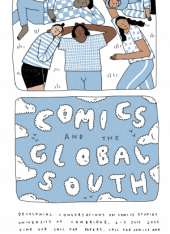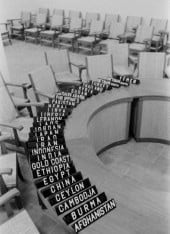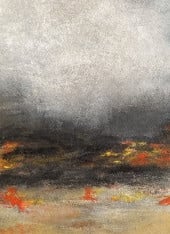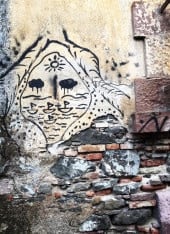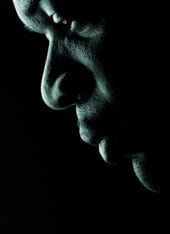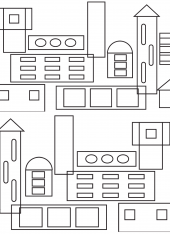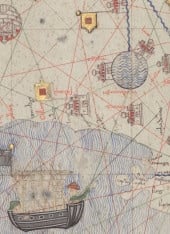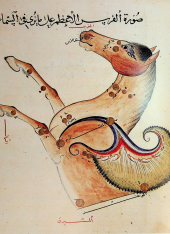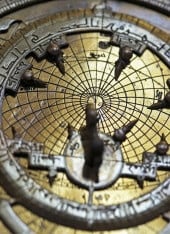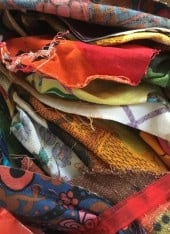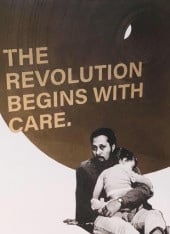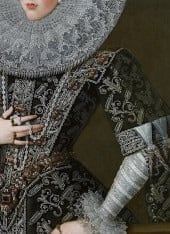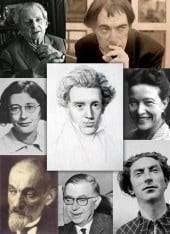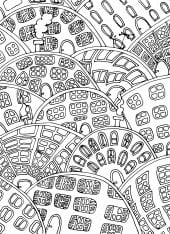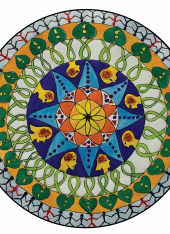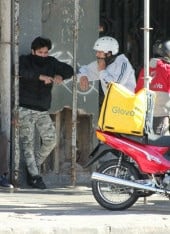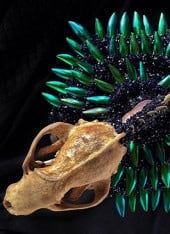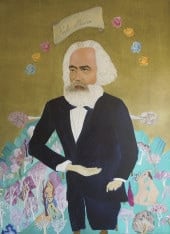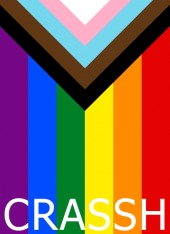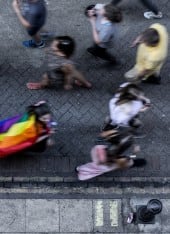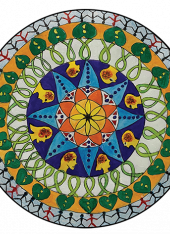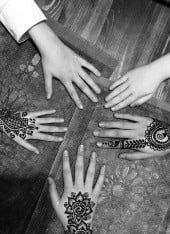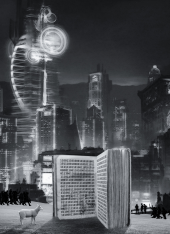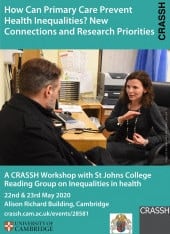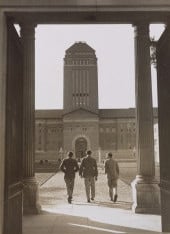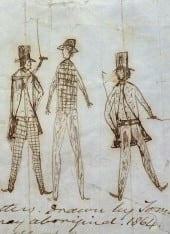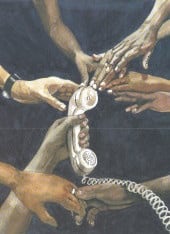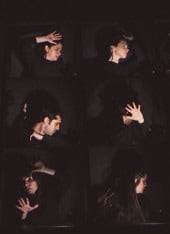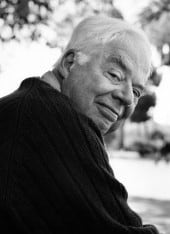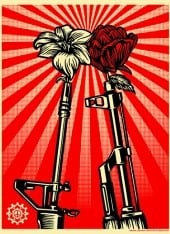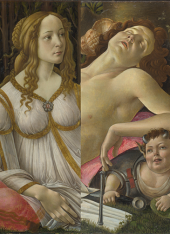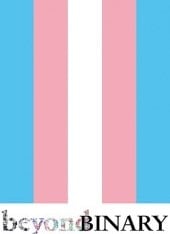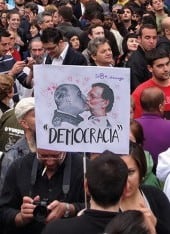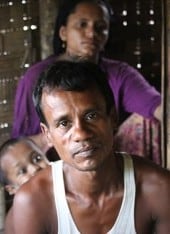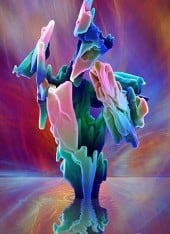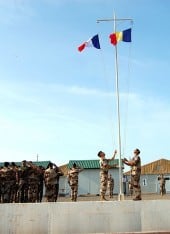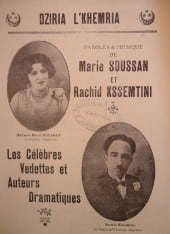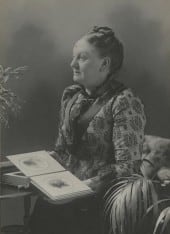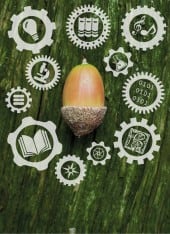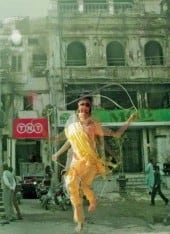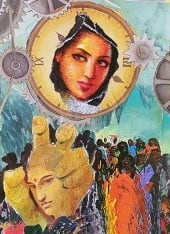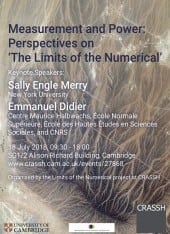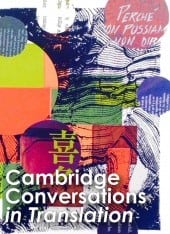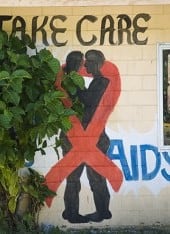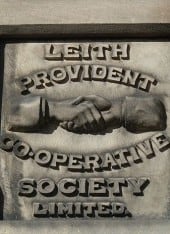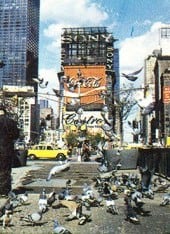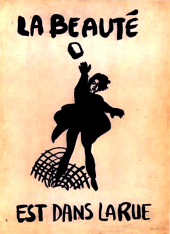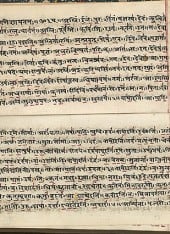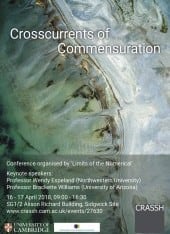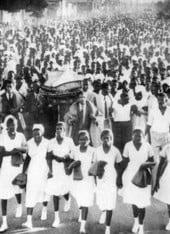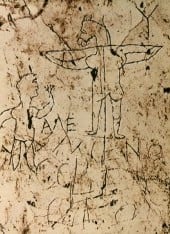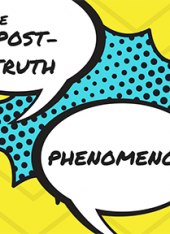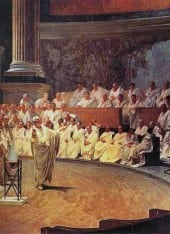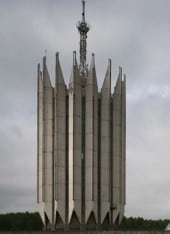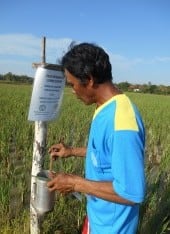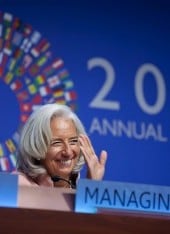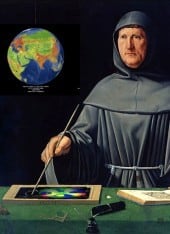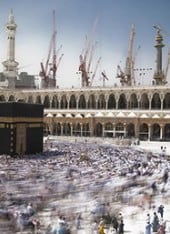Sign up to the CRASSH Newsletter for more information and updates on this conference.
Convenors
Eliza Garnsey (University of Cambridge)
Caitlin Hamilton (University of Sydney)
Participants
Shahidul Alam
Christine Andrä (Technical University Dresden)
Iman Aoun
Jill Bennett (University of New South Wales)
Roland Bleiker (University of Queensland)
Penny Byrne (RMIT University)
Susan Cohn
Cognate Collective
Andrea Durbach (University of New South Wales)
Garima Dutt
Tatiana Fernández-Maya (University of New South Wales)
Choman Hardi (American University of Iraq)
Tiziana Panizza Kassahun
Rachel Kerr (Kings College London)
Arnaud Kurze (Montclair State University)
Jane Lydon (University of Western Australia)
Rama Mani (University of Oxford)
Carey Newman (University of Victoria)
Konstantinos Pittas (University of Cambridge)
Ziggy Ramo
eL Seed
Albie Sachs
Paul Scott
Kholeka Shange (University of the Witwatersrand)
Toni Shapiro-Phim (Brandeis University)
Eda Elif Tibet (University of Bern)
Laura Antonia Coral Velásquez
Stacey Vorster (University of Amsterdam)
Tania Islas Weinstein (RMIT University)
Further participants and programme to be confirmed.
Summary
In the aftermath of violence and conflict how is it possible to understand human rights violations and engage the experiences of victims and survivors? Victims and survivors often do not or cannot speak up for fear of reprisal and/or the stigma associated with violence and abuse; legal and bureaucratic systems might be inadequate or non-existent; and crimes can go unacknowledged and unpunished. As a result, there is often difficulty in eliciting, documenting and supporting experiences and narratives around human rights violations and injustices, both at local and global levels.
Despite the growing scholarship on art and aesthetics in international studies and world politics, the creative dimensions of conflict and human rights remain under-researched. This book workshop seeks to fill that gap by asking what can art and visual culture offer in facilitating an understanding of conflict and human rights violations? How do arts-based interventions have the potential to elucidate injustices, empower individuals and groups, and advocate for and effect change across different political levels? How can arts-based methodologies help to reveal new dimensions of violations, and post-conflict recovery?
These questions will be explored through a series of conversations between scholars and artists, working across a range of practices and approaches. The workshop aims to use this dialogic approach to investigate how art and visual culture can contribute both to the individual expression of human rights violations and the formulation of redress, and the public depiction of harm to give visibility to the impact of conflict and violations, and to open up spaces to develop societal and policy change; in order to contribute to a transformed and transformative global society.
Supported by :

If you have any specific accessibility needs for this event please get in touch. We will do our best to accommodate any requests.
Conference assistance: conferences@crassh.cam.ac.uk


